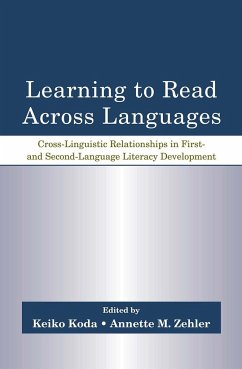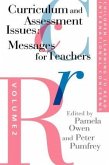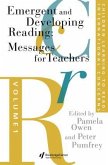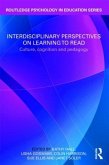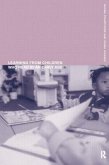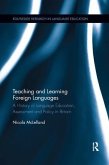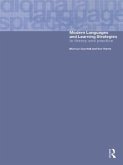This book systematically examines how learning to read occurs in diverse languages, and in so doing, explores how literacy is learned in a second language by learners who have achieved at least basic reading skills in their first language. As a consequence of rapid globalization, such learners are a large and growing segment of the school population worldwide, and an increasing number of schools are challenged by learners from a wide variety of languages, and with distinct prior literacy experiences. To succeed academically these learners must develop second-language literacy skills, yet little is known about the ways in which they learn to read in their first languages, and even less about how the specific nature and level of their first-language literacy affects second-language reading development. This volume provides detailed descriptions of five typologically diverse languages and their writing systems, and offers comparisons of learning-to-read experiences in these languages. Specifically, it addresses the requisite competencies in learning to read in each of the languages, how language and writing system properties affect the way children learn to read, and the extent and ways in which literacy learning experience in one language can play a role in subsequent reading development in another. Both common and distinct aspects of literacy learning experiences across languages are identified, thus establishing a basis for determining which skills are available for transfer in second-language reading development. Learning to Read Across Languages is intended for researchers and advanced students in the areas of second-language learning, psycholinguistics, literacy, bilingualism, and cross-linguistic issues in language processing.
Bitte wählen Sie Ihr Anliegen aus.
Rechnungen
Retourenschein anfordern
Bestellstatus
Storno

